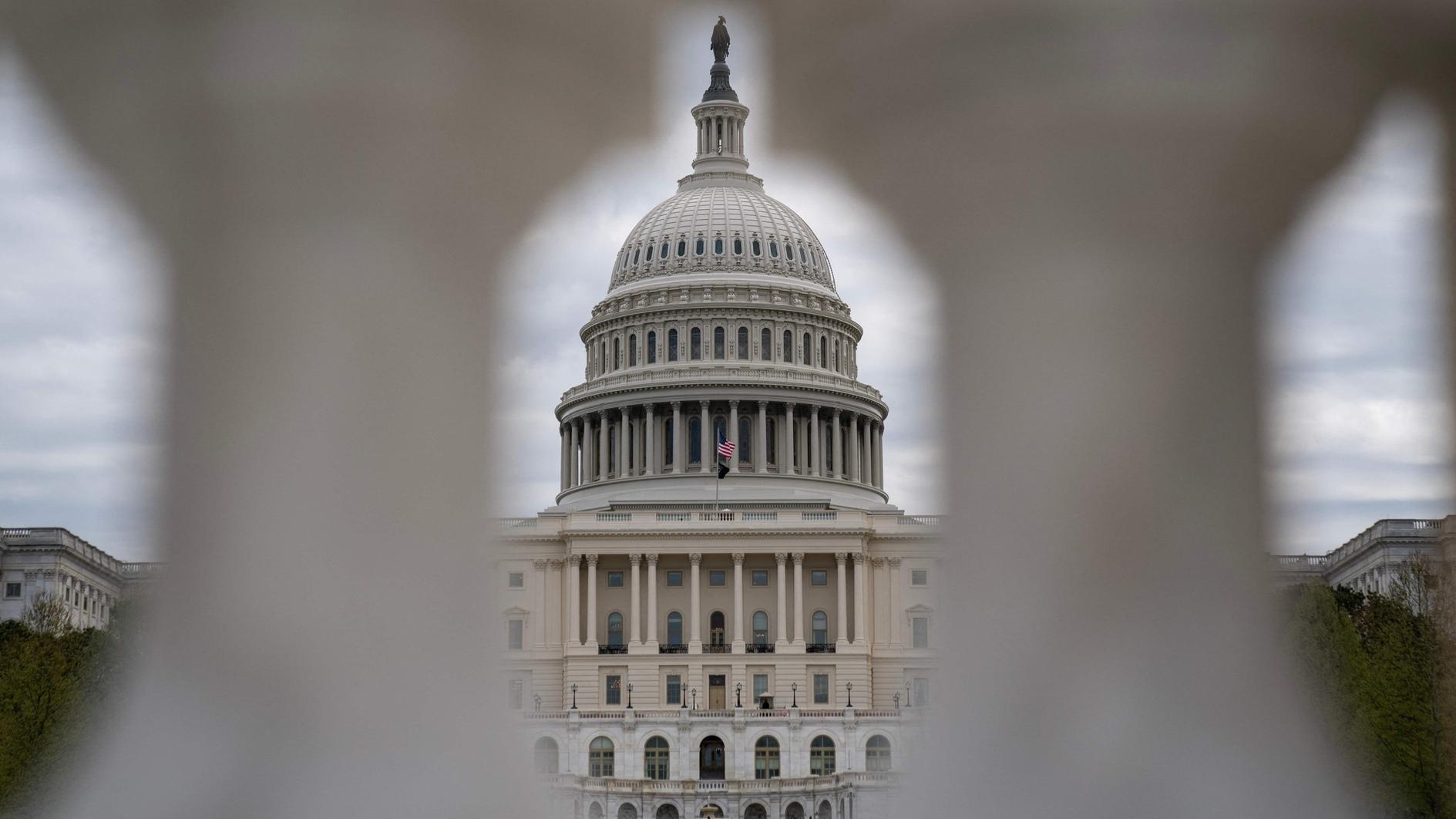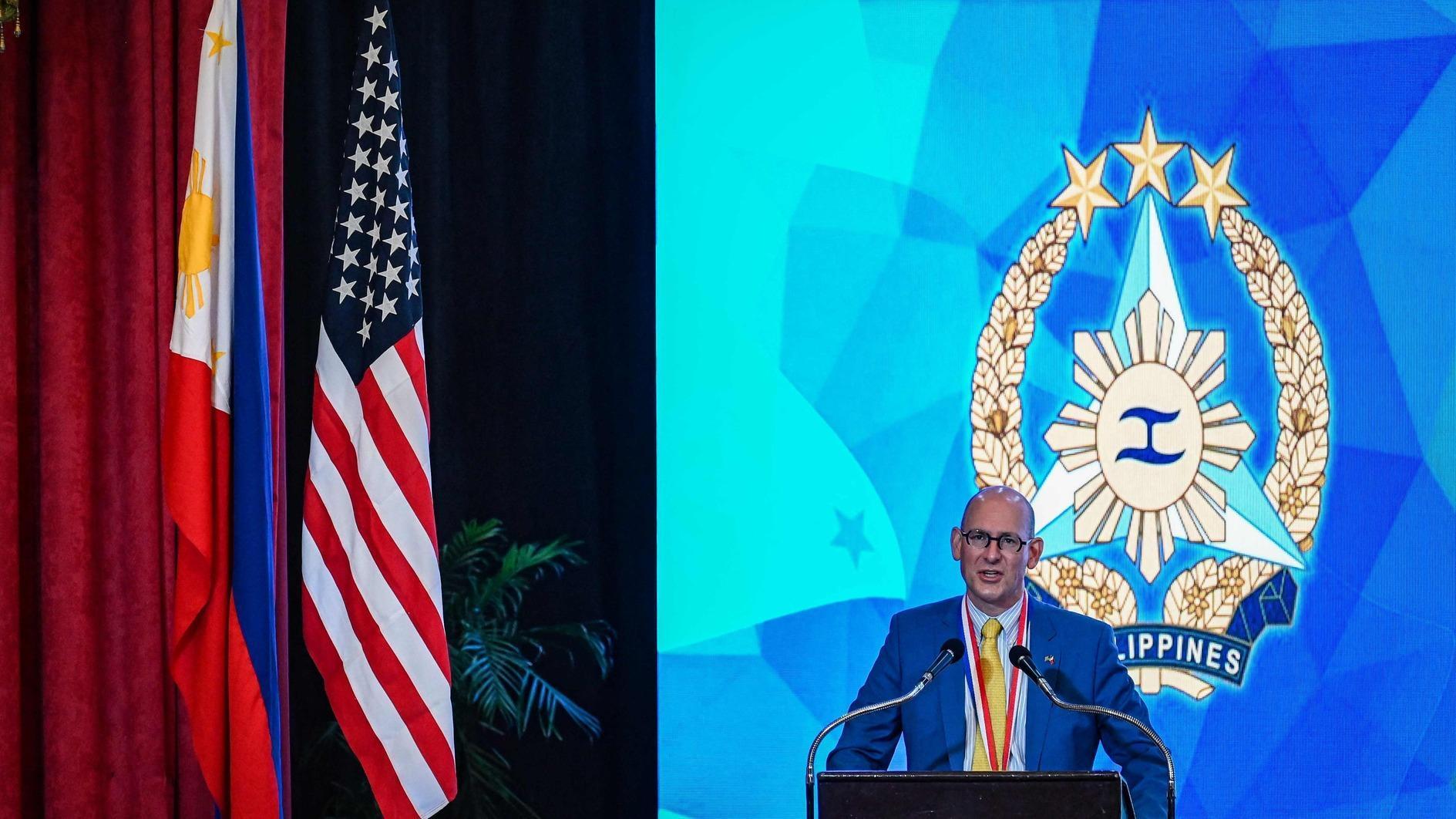Kurdish problem at the crossroads
On Jan. 14, 1994, a young Daily News journalist, Ruhi Can Tul, was killed when a bomb went off on an intercity passenger bus carrying him from Ankara to visit his parents in the Black Sea city of Samsun. The outlawed Kurdistan Workers’ Party (PKK) claimed responsibility for the attack in retaliation to the unsolved murders of Kurdish activists presumably by unnamed members of the Turkish security forces. Ruhi and the two other innocent passengers are among the more than 40,000 lives lost since the PKK launched its armed campaign in 1984 with the goal of Kurdish independence. It was right after a ceasefire and dialogue attempt with the PKK had collapsed after a terrible attack in which 33 unarmed soldiers were executed by PKK militants in 1993 and there was merely no hope for an end to the violence seen on the horizon.
Now, perhaps for the first time after the bitter experience of three decades, there is hope among diverse layers of Turkish society that this violence of ethnic origins might come to an end and Kurdish citizens of Turkey might enjoy more rights through political means instead of forced ways of terrorism.
It seems that the second byproduct – I will explain what the first one was later in the article – of the Paris murders on Jan. 9, 2013 was an acceleration of the dialogue between the Turkish government and the imprisoned leader of the PKK, Abdullah Öcalan. For the first time, Prime Minister Tayyip Erdoğan has labeled the talks a “peace process,” during an address to his ruling Justice and Development Party (AK Parti) group in Parliament on Jan. 15.
This is certainly a shift in terminology and perhaps a sign that Turkey is inching towards the crossroads for a peaceful solution to the Kurdish problem. So far, the government and also AK Parti officials have said that the aim of the “dialogue” had been to convince the PKK to lay down their arms. The timing is important, too. Besides being in the mysterious aftermath of the Paris murders, where three active female members of the PKK’s Europe branch, one of them Sakine Cansız, one of the founders of the PKK back in 1978, it is before the funeral ceremony for the three expected to be held on Jan. 17 in Turkey’s dominantly Kurdish-populated southeastern city of Diyarbakır. The Kurdish problem-focused Peace and Democracy Party (BDP) has called for the funeral to turn into a mass demonstration while Prime Minister Erdoğan and main opposition Republican People’s Party (CHP) leader Kemal Kılıçdaroğlu have warned against “provocative acts to abuse the funeral.” Perhaps Erdoğan wanted to send a message of peace to whom it may concern that if the funerals are handled properly, it would further help the process. This would indeed be a turning point for the good.
Now, about the first outcome, or byproduct, of the Paris murders: The majority of Turkish people would not want this, but if the “peace process” fails, in the eyes of the Turkish state apparatus, the whole PKK organization in Europe is now officially – and after French President François Hollande’s admittance on record – exposed and transparent. “We already knew who was talking to who, but now it is all over the media and on the record, so no one can hide anything anymore,” one anonymous security official told Hürriyet Daily News, “But now let’s hope that there would be no need for all that and the process will be a successful one.”











